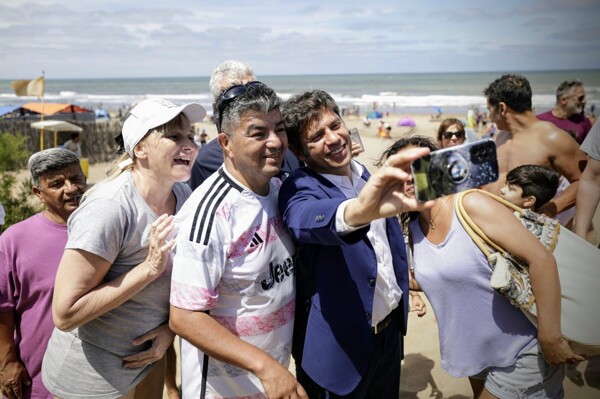
The president has maintained a polite stance towards Pro, particularly with Mauricio Macri. Apparently, some close advisors to the Milei brothers are unaware of the government's intentions regarding future electoral alliances. However, the Macrismo has publicly reaffirmed its interest in an electoral alliance with Mileism for the upcoming legislative elections. This position has been interpreted as a provocation to Macri, who traveled from Patagonia to preside over a meeting of his party.
In this dynamic, it is suggested that Milei's goodwill is damaged when his sister and Santiago Caputo come into play. Despite the proposed political strategies, there are doubts about whether the president is truly exhausting Pro to cheapen a hypothetical electoral agreement. Some Macristas maintain that, in the province of Buenos Aires, former president Cristina Kirchner has broad popular support, which could influence the electoral strategy to follow.
From the Macrismo environment, there is fear of a possible scenario in which, if Kirchner wins in the province of Buenos Aires, those who oppose her would seek to assign blame. Behind the scenes, Pro leaders do not rule out facing the October elections alone. The dilemma arises as to whether an alliance would be beneficial or, conversely, if the more accurate strategy would be to compete separately.
Political tensions and uncertainty persist while the possibility of an electoral alliance between La Libertad Avanza and Pro is discussed. For some analysts, the complicated relationship between Pro and Mileism calls into question the viability of a common agreement. In this context, the challenge lies in seeking consensus and defining programs that address economic issues and respect for institutions.
Therefore, speculation remains about the political direction both forces will take while scenarios of possible alliances and electoral gains are raised. Furthermore, factors like internal rivalries and pressures from different political sectors further complicate the landscape. Uncertainty and the strategies at play shape negotiations and potential future agreements in a challenging and constantly evolving political scenario.













